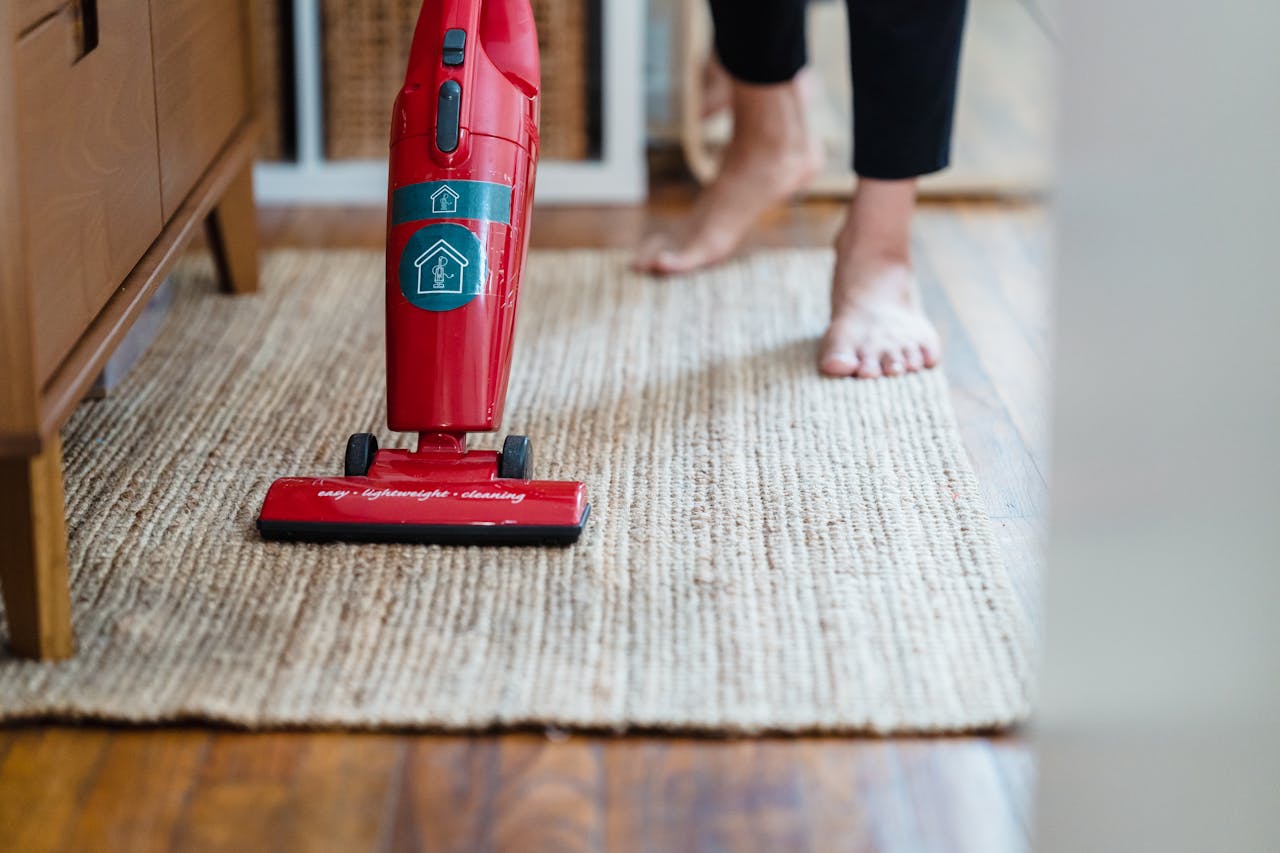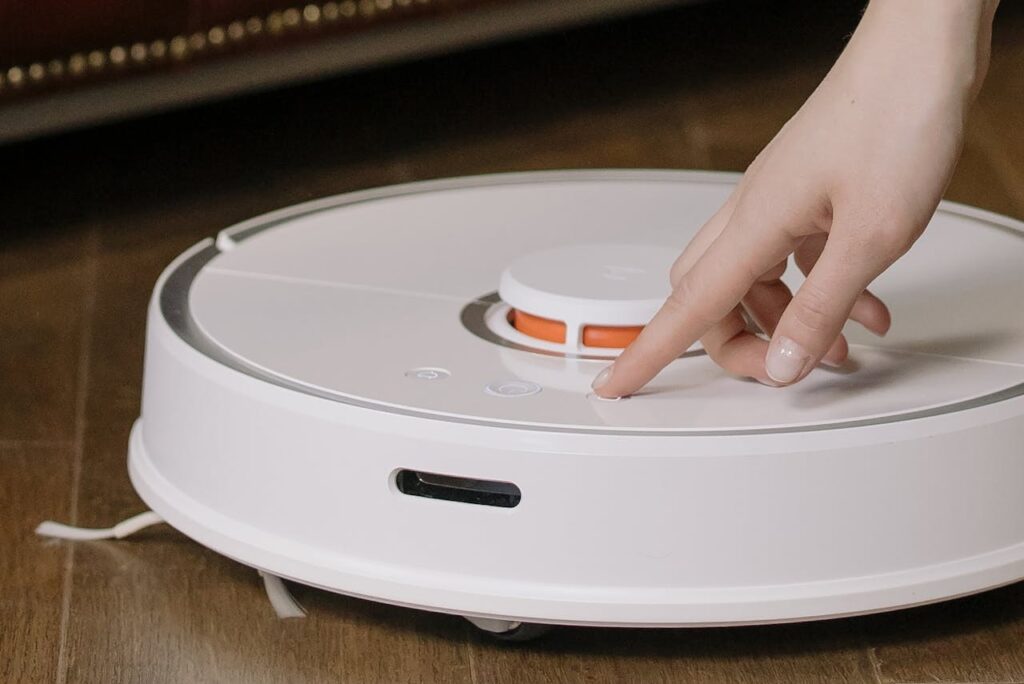9 Things People Who Got Out of the Military Wish They Did Before Leaving

Transitioning out of the military is a major life change, often filled with uncertainty and excitement. Veterans commonly reflect on their experiences and consider what they could have done differently to better prepare for civilian life. Here are nine key things many wish they had done before leaving the service:
1. Start Networking Early

Military members are often used to a structured chain of command and clearly defined roles. However, in the civilian world, success is often driven by who you know. Building a professional network while still in the service can create job opportunities post-separation. Many veterans wish they had taken the time to connect with industry professionals, attend career fairs, and join military-to-civilian transition programs early on.
2. Save Money and Plan Financially

Transitioning out of the military often brings about financial uncertainty, especially if the transition takes longer than expected. Veterans often wish they had built a larger financial safety net to manage the gap between military pay and civilian income. Creating a detailed budget and establishing savings for several months of living expenses can help ease financial stress during the adjustment period.
3. Take Full Advantage of Education and Certification Opportunities
![3. Take Full Advantage of Education and Certification Opportunities <p>The military offers a wide range of educational benefits, such as tuition assistance and certification programs. Many veterans realize after separation that they could have utilized these resources more effectively. Whether it’s earning a degree, getting certified in a specific field, or learning new skills, capitalizing on these opportunities before discharge can enhance your qualifications for civilian employment.if(typeof ez_ad_units == "undefined"){ez_ad_units=[];}ez_ad_units.push([[580,400],"ourdebtfreefamily_com-large-mobile-banner-1","ezslot_8",107,"0","0", "ourdebtfreefamily_com-large-mobile-banner-1-0"]);if(typeof __ez_fad_position == "function"){__ez_fad_position("div-gpt-ad-ourdebtfreefamily_com-large-mobile-banner-1-0");}</p> ::Pexels](https://www.ourdebtfreefamily.com/wp-content/uploads/2024/10/pexels-sarah-chai-7282347.jpg)
The military offers a wide range of educational benefits, such as tuition assistance and certification programs. Many veterans realize after separation that they could have utilized these resources more effectively. Whether it’s earning a degree, getting certified in a specific field, or learning new skills, capitalizing on these opportunities before discharge can enhance your qualifications for civilian employment.
4. Understand Your VA Benefits

The U.S. Department of Veterans Affairs (VA) offers an array of benefits, from healthcare to home loans, but the process for applying and understanding these benefits can be confusing. Many veterans wish they had taken the time to thoroughly research their VA benefits, register for healthcare, and start the process of applying for disability compensation, if applicable, before leaving the military.
5. Develop a Civilian-Friendly Resume

Military roles don’t always translate directly to civilian job descriptions, which can make the job search challenging. Veterans often wish they had worked on translating their military experience into language that civilian employers can understand. A resume that highlights leadership, problem-solving, and technical skills, with civilian terminology, can make a significant difference in standing out to employers.
6. Seek Out Mental Health Support

The transition to civilian life can be mentally and emotionally taxing. Some veterans regret not seeking mental health support or counseling before leaving the service. Whether it’s managing the stress of change, dealing with trauma, or adjusting to a new identity, having mental health resources in place can make a smoother transition.
7. Create a Post-Military Plan

Having a clear plan for life after the military is essential. Some veterans wish they had mapped out a solid post-service plan, including where they wanted to live, what type of work they wanted to do, and what personal goals they had for their future. Without a plan, the transition can feel overwhelming. Taking the time to establish goals and steps toward achieving them can provide a sense of direction during this period of change.
8. Spend More Time Embracing the Culture of Countries Visited

One of the unique perks of military life is the opportunity to travel and experience different cultures. Many veterans regret not immersing themselves more in the cultures of the countries they visited while deployed or stationed abroad. Engaging with local traditions, learning the language, and building relationships with people can offer lasting memories and perspectives that enrich both personal and professional life after the military.
9. Ensure Medical Records Were Up to Date

Keeping thorough and updated medical records is essential for future healthcare, particularly for veterans. Many veterans realize too late that their medical records were incomplete or lacked critical documentation of injuries, illnesses, or conditions. Ensuring all medical records are accurate and up-to-date before leaving the military can make a big difference in securing benefits and accessing appropriate healthcare through the VA.
Final Thoughts

In summary, leaving the military involves more than just a career shift—it’s a significant life change. Veterans often look back and wish they had been more proactive in certain areas. Whether it’s financial planning, networking, utilizing educational benefits, or appreciating travel opportunities, preparing in advance can make the transition smoother and more successful.









































































































